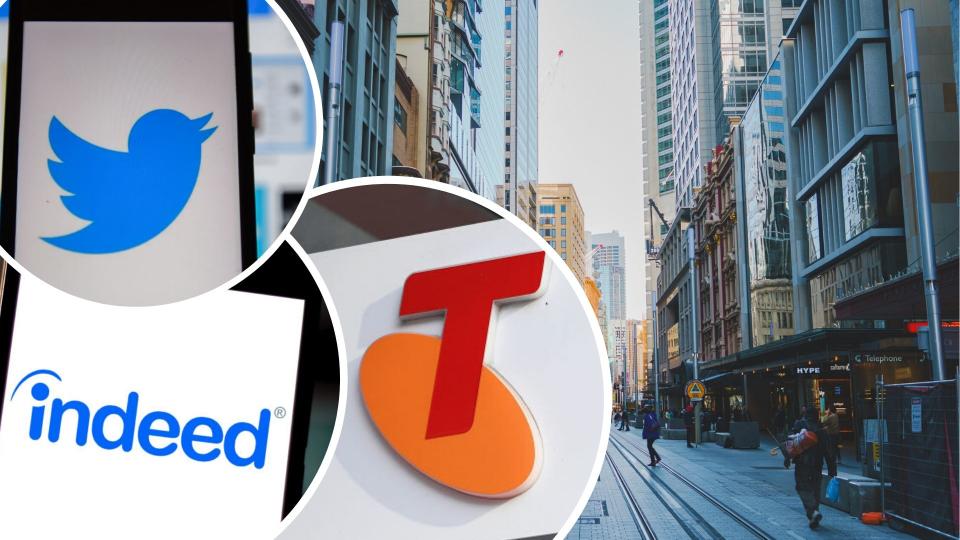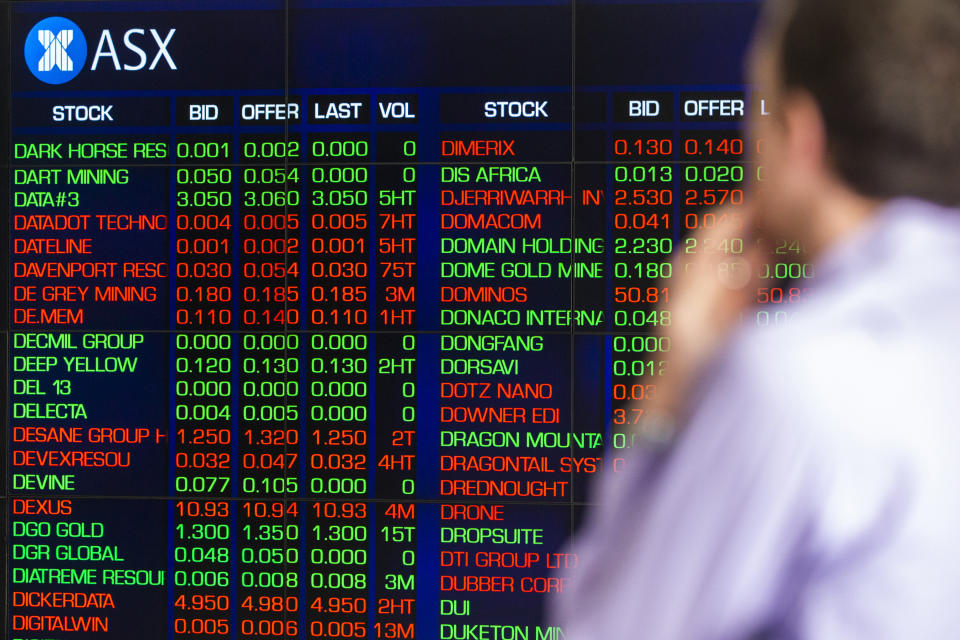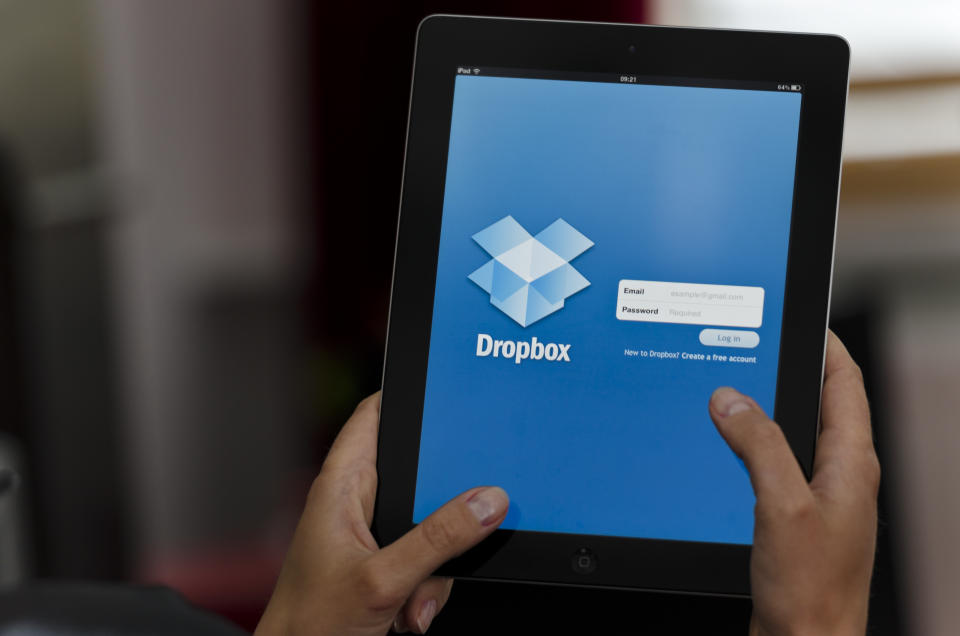All the Aussie companies telling staff to work from home

We’ve rounded up the companies that have implemented company-wide work from home policies and will update this list as more take up the policy.
Must-have? Aldi launches lock-down special buys
‘Like war’: Life inside Italy’s lockdown
‘Biggest challenge’: How to not go crazy while working from quarantine’
18 March: Ernst & Young: Major accounting firm Ernst & Young, which employs thousands of Australians, will instruct all staff to work remotely as of 18 March.
16 March: WPP: 130,000 global staff at multinational communications and PR firm were on Saturday 14 March told to work from home.
"Covid-19 is touching all of our lives. Our top priority in this unsettling time is your wellbeing, and doing what we can to mitigate the impact of the virus on our communities,” CEO Mark Read said.
“Governments, scientists and medical advisors are asking companies to do two things: to help limit or slow transmission, and to keep economies moving and people employed so that societies are able to function."
15 March: ASX: The Australian Securities Exchange (ASX) announced late on Sunday that the majority of its staff would take up remote work after a worker at its headquarters tested positive.

“We’ve asked our employees across our various sites – Bridge Street, the Australian Liquidity Centre (ALC), secondary data centre, and interstate and overseas offices – to work remotely until further notice,” the ASX said in a statement.
“The only exceptions are a core group of employees, identified as part of our business continuity plan (BCP), who will remain on ASX sites to manage ongoing market functions, mainly in technology, operations and surveillance areas. ASX is executing arrangements for which we have prepared.
“Our employees have the capacity to work remotely, which is a normal and regular part of ASX’s BCP and testing activity. Many already work flexibly and/or remotely from our various sites.”
15 March: Kearney: Strategy firm Kearney sent a note to staff on Sunday telling all workers to work remotely, effective immediately.
15 March: EY: Big four consulting firm EY has asked all staff to work remotely from the week beginning 16 March.
14 March: Finder.com.au: The comparison firm on Saturday announced all offices would be shut globally from Monday 16 March.
Finder today announced it will shut all offices globally from Monday with crew to work remotely until further notice.
The wellbeing of our crew, customers and partners is our top priority. It’s BAU otherwise – Finder is here to help #flattenthecurve #covid19 #coronavirus pic.twitter.com/NIE06L5QUH— Finder (@findercomau) March 14, 2020
Staff were told to work remotely until further notice.
“The wellbeing of our crew, customers and partners is our top priority. It’s business as usual otherwise – Finder is here to help flatten the curve.”
13 March: Telstra: The telecommunications giant instructed its entire 20,000 Australian staff to work remotely until the end of March amid the coronavirus threat, as of Monday 16 March.
“With global events now unfolding very quickly, we’ve made the decision to move to full work from home arrangements for Australian-based office staff effective next week. These arrangements will remain in place until the end of March at a minimum,” Telstra Group executive of transformation communications and people Alex Badenoch said on Friday.
“This unprecedented situation requires decisive action, and it’s important we are flexible and ready to adapt to this evolving situation. Getting ahead of things now will mean we are prepared should the issue escalate quickly.”
Routine is everything: How to structure your working from home time
Worker safety: The country paying people to go into quarantine
UPDATING: All the companies paying casual staff amid Covid-19 crisis
Staff who work in call centres and retail stores are currently exempt.
12 March: King & Wood Mallesons: The law firm’s Sydney office has been abandoned as the company, which employs around 600 staff globally, enters work-from-home arrangements.

11 March: Dropbox: Dropbox has rolled out remote work for its 3,000 global staff, including those in Australia. The Dropbox Australia team began working remotely on Monday 9 March.
“To help reduce the spread of Covid-19, Dropbox has taken the precautionary step of asking all of our employees globally to work from home for the next two weeks,” the company said in a statement.
“We want to prioritise the safety and health of our employees, their families and our community.”
5 March: Clayton Utz: Law firm Clayton Utz sent its staff home from its Sydney offices on Thursday 5 March after the firm found a staff member’s wife had recently visited a 95-year-old woman who later died of COVID-19.
5 March: Vodafone: Vodafone temporarily closed its North Sydney headquarters after an employee returned from Japan with symptoms. The headquarters reopened the following Monday.
5 March March: Cisco: The technology company also closed its Perth office in early March after an employee was tested for COVID-19.
2 March: JC Decaux: And the advertising company also closed its doors from 2-4 March last week.
“The employee has self-isolated, is showing no symptoms and is awaiting the results of the test for the virus.
Related story: Coronavirus kills US markets, Australia follows
Related story: Reserve Bank makes interest rate decision amid coronavirus panic
‘Hellish life’: How drones are changing life in coronavirus-era China
"As a precautionary measure, JC Decaux's York Street office will be closed until the results of the test come back. The business is still operating, with staff working remotely."
1 March: OMD: Advertising agency OMD on 1 March shut its doors for 48 hours after an international colleague visiting from London returned to London with flu-like symptoms.
The staff member was tested for coronavirus, or COVID-19, with the offices now returning to normal functioning, Mumbrella reports.
1 March: Foxtel Media: Fellow media firm Foxtel Media closed its office in early March after staff visited the affected OMD office. Staff returned to in-office work on Tuesday, AdNews reported.
February: Indeed: Indeed in February told its Australian employees to work from home for two days as a precaution. The Sydney, Dublin and Singapore offices were closed, with more than 1,000 staff affected.
That shutdown came after a worker in the Singapore office told staff they “may have been exposed to coronavirus”.
“While there are no confirmed cases of infection, out of an abundance of caution for the health and safety of our employees, we have asked all employees in Singapore, along with anyone who has recently visited our Singapore offices, to work from home until February 17th,” a company spokesperson told Forbes.
1 March: Twitter: Twitter has asked all 5,000 global employees to work from home to “lower the probability” of spreading coronavirus, effective as of 1 March.
That makes the social media giant one of the most notable companies to ask Australian employees to work from home.
“We are operating out of an abundance of caution and the utmost dedication to keeping our Tweeps healthy,” Twitter people team lead Jen Christie said.
“Our Real Estate & Workplace team is increasing deep cleaning and sanitising in all spaces, as well as more visual reminders for personal hygiene best practices and pre-packaged, pre-composed, and pre-plated food options,” Christie continued.
Twitter has already been attempting to move to a more remote workforce to reflect the digital nature of the company. The policy will stay in place until the World Health Organisation or the Centers for Disease Control winds down the alert level.
“Working from home will be mandatory for employees based in our Hong Kong, Japan, and South Korea offices due in part to government restrictions. Our criteria will evolve over time as we get more information.”
Is this the world’s biggest work-from-home experiment?

Dozens of international companies have told seemingly healthy staff to work from home, in addition to individual staff quarantining themselves for the recommended two weeks.
Amazon and Nestlé are among the large companies who have told workers who have travelled to affected countries to stay home, along with UBS, ANZ and CommBank.
And US firm JPMorgan Chase is asking its thousands of US employees to do a test-run of a working from home situation. Staff will spend a day working from home to stress-test its contingency plans in the event of a company wide, long-term work from home policy.
Has your company told you to work from home? Get in touch here.
Make your money work with Yahoo Finance’s daily newsletter. Sign up here and stay on top of the latest money, news and tech news.
Follow Yahoo Finance Australia on Facebook, Twitter, Instagram and LinkedIn.

 Yahoo Finance
Yahoo Finance 
